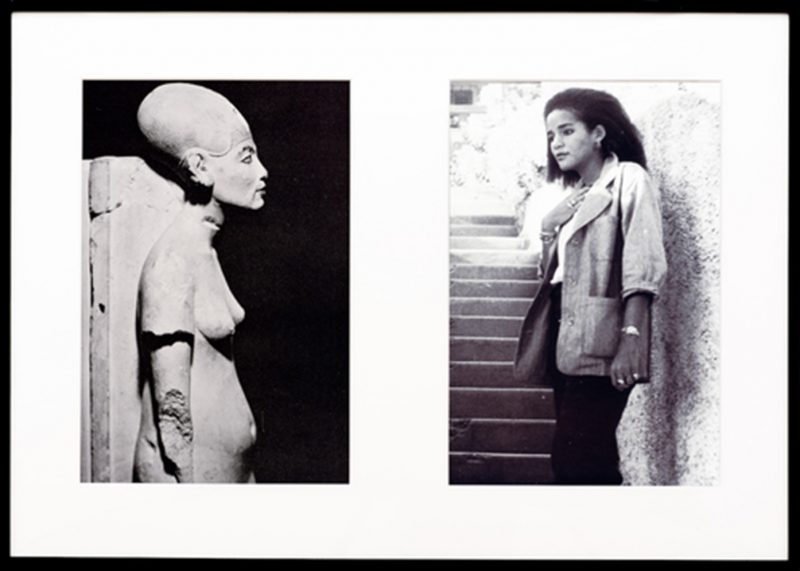Summer weekend in Riverside Park, the breeze coming in from the Hudson, the sun eased by the full trees arching above, and a soccer ball darting across a field. Sometimes gently caressed by the feet of the players, sometimes forced up in the air and sometimes played on the ground. The game mixes teen players, younger kids, with a couple adults. It’s fierce. Flying tackles and powerful shots rule. But just as everyone is feeling the flow, as positions are settling and the right footed players are moving to the left wing, it’s interrupted…
Riverside Park is home to the NYC soccer scene. Players from across the city, country and world race down to the soccer fields on 108th, 103rd, and 101st Streets. During the summer, once the midday heat passes, the fields are almost always full of futbolistas. Players are quick to make teams, normally shirts and skins, and within minutes a game has begun.
Each match at Riverside is different. There are pickup games where most participants don’t know each other. These games normally happen at 108th. At 103rd the best and bravest players go at it. Older teens, college-age athletes and middle aged vets compete hard in this game. At 101st, a group of much older folks gather on weekend evenings. This game is organized by the notorious Jerry, who sends out detailed email notices memorializing each weekend’s games. Jerry can be a curmudgeon, but all these games are open to all. You don’t even have to speak the language.
A flurry of different ones can be heard during games. From “andale” and “aqui” to “allez” and “pasar,” the advice from teammates is rarely in English. When foreigners join games, they tend to try to communicate in English at first but eventually return to the comfort of first languages. Tourists and emigres change up games and playing styles. Belgians speaking French, German, and Dutch all at once; Brazilians, dribbling so much it’s hard to tell they’re on a team; or Brits whose harsh accents (and harsh tackles) amp up competitiveness.
On the weekend the best pickup games normally last until the sun has set and the fireflies take to the field. But too often, pickup on the various fields is shutdown early. Groups of players, made up of either the unskilled and inexperienced, or older guys long past their prime, buy up permits for whole fields. These groups exclude much larger sets of players and quash better games. The players with permits/dollars push out younger people who can’t afford to pay for fields and take a less formal (though not less serious) approach to their sport. Pay to play ruins more organic, spontaneous games.
NYC Parks should serve as places that are free from New York’s obsession with money. Ads seem to define every street (and every MTA bus or train station). Money makes the city a tease and exclusory at the same time. Except in the parks where there are open fields, gardens, reservoirs, and pathways through woods—places where people aren’t defined by their bank accounts. When money comes into a natural environment (even if the fields are astro turf) things get bent.
Just last week the Times reported on “the gentrification of the interior west” where new billionaires have bought grand swatches of Idaho and Colorado, Montana and New Mexico. They’ve enclosed roads and lands there that had once been open to the public (though one pair of new landowners, the Wilkes brothers, have offered to let neighbors pass through their property if they’ll confirm they read the right reactionary websites).
My local experiences of “enclosure” on the Upper West Side seem paltry compared to what’s going on out West, but it’s clear that public space is under attack in New York too. I don’t have a clue about how to stop massive land grabs in the West, but fighting for a ban on privatizing soccer fields in Riverside Park should be doable.
